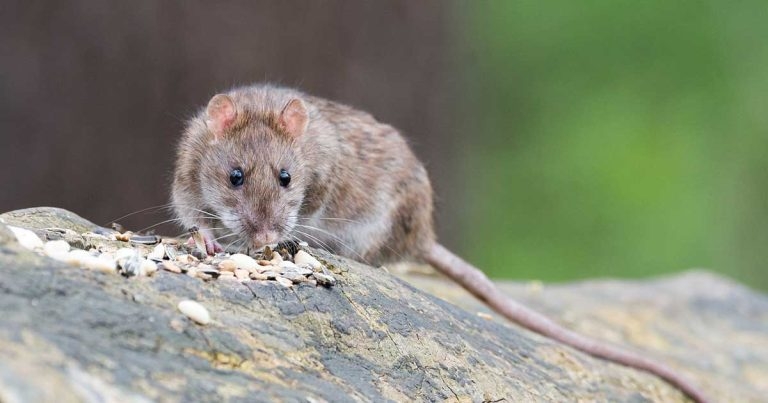30 Jul 2025
Authors of a newly published RVC-led study say its findings could have implications for work with both animals and humans alike.

Image: Wolfgang Vogt via Pixabay
A new study showing sensory monotony can induce boredom-like behaviour in rats can shed new light on the issue in both animals and humans, its authors have claimed.
Researchers behind the RVC-led analysis, published in Animal Cognition, believe its findings could have implications for both animal welfare and training, plus the modelling of task fatigue in people.
RVC animal welfare and behaviour science associate professor Charlotte Burn said the findings were “a reminder to offer interesting environments and opportunities” to rats and other animals.
The study saw 20 rats each presented with a pair of containers – one offering a small, hidden reward – filled with a digging material such as sawdust or woodchips.
The containers were replaced every two minutes over the course of two 20-minute sessions.
The rats were split evenly between a monotony group, which were given the same digging material, reward flavour, odour and other features each time, and a variety group in which the multisensory cues were changed every time.
Each two-minute trial was observed randomised and blindly, with the rats swapping groups between sessions to ensure they all experienced both treatments.
The rodents were also given an exit platform, which they had been trained to associate with returning to their home cage.
The paper found a “statistically significant” increase in exit-directed behaviour was observed in the rats experiencing sensory monotony during the tasks, although the researchers did note the monotony did not induce the full range of behaviours characterising boredom, such as drowsiness.
Co-author Ka Ho Timothy Ng, who collected the behavioural data, said it “opens the door to rethinking how we care for animals,” and that behavioural medicine specialists may find the results of particular importance.
He said: “Recognising boredom as a potential cause of problematic behaviours may help prevent misdiagnoses, such as confusing boredom with anxiety that can present with similar clinical signs.”
University of Surrey neuroscience and behavioural analysis associate professor Matthew Parker, who also collaborated on the paper, argued the findings suggest “a shared, evolutionarily conserved mechanism for avoiding monotony”.
He said: “Understanding how different species respond to boring environments can ultimately help us improve animal welfare, and perhaps even design better ways to keep animals and people engaged in repetitive or high-demand tasks.”